|
Kids Industries has created a range of immersive experiences such as Legoland’s Lego Mythica: World of Mythical Creatures. Its CEO, Gary Pope, shares his thoughts on the arrival of Netflix’s recently-launched ‘Squid Game: The Challenge’ and how this reflects on the growing LBE market

Gary Pope | Kids Industries | 24 Nov 2023
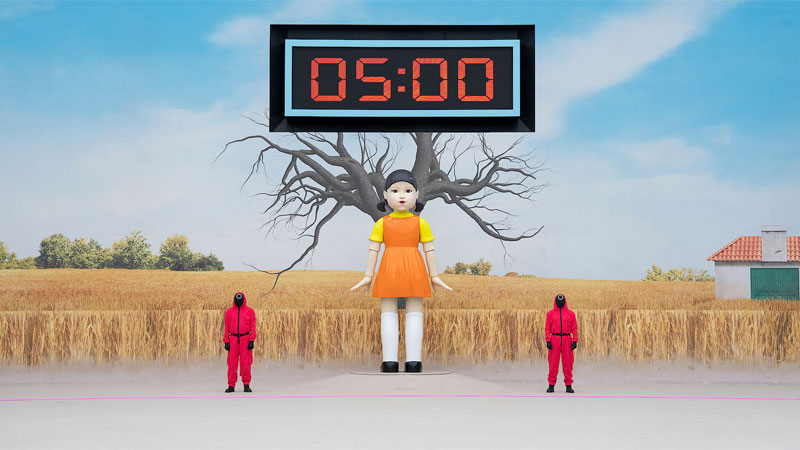
 Squid Game - The Challenge sees contestants compete in a series of high-stakes children's games in pursuit of a cash prize Credit: Netflix Squid Game - The Challenge sees contestants compete in a series of high-stakes children's games in pursuit of a cash prize Credit: Netflix
Location-based entertainment (LBE) is the only mechanism that, when executed properly, can positively affect our five senses and truly allow consumers to become a part of a story. So when I heard back in January 2023 that Netflix was creating Squid Game: The Challenge - a new reality TV show that cashes in on the fandom of the series with a tempting prize pot of US$4.56m - I was pretty excited. It’s one step away from becoming even more of an accessible experience for fans.
Despite the noise around production issues hitting the headlines at various points and challenging conditions on the set leading to a number of cast members requiring medical attention and more, the scale of this project is unprecedented and it features immersion in a very ‘real’ sense.
Creating LBE experiences are nothing new. But carried out well, it enables brands to stay competitive, relevant and it allows them to explore tangible relationships with new consumers. LBE also increases the longevity of an IP and empowers brand owners to foster closer relationships between consumers and their favourite characters. Using new technologies, LBE opens new revenue streams and becomes a formidable brand communications platform in its own right.
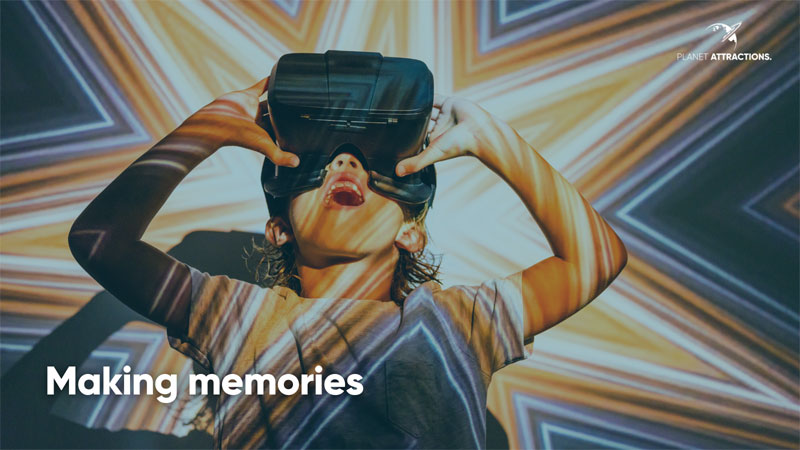
Above and beyond all these lovely measures of success, the reason LBE is so important, is because what it can do is so ridiculously simple and infinitely more powerful than any technology, marketing message or retail promotion. LBE is important because it creates lifelong fans. Period. Investment in LBE can be directly correlated with lifetime user value. It’s really, really simple.
The reason that lifelong fans are created is because experiences, especially when they are multisensory, make memories. The brilliant Pine and Gilmore said in their 1998 category defining work: The Experience Economy that: ‘In the new experience economy, companies must realise that they make memories, not goods’. That’s a pretty big shift for the consumer products industry, but it does seem like we’re doing ok at it.
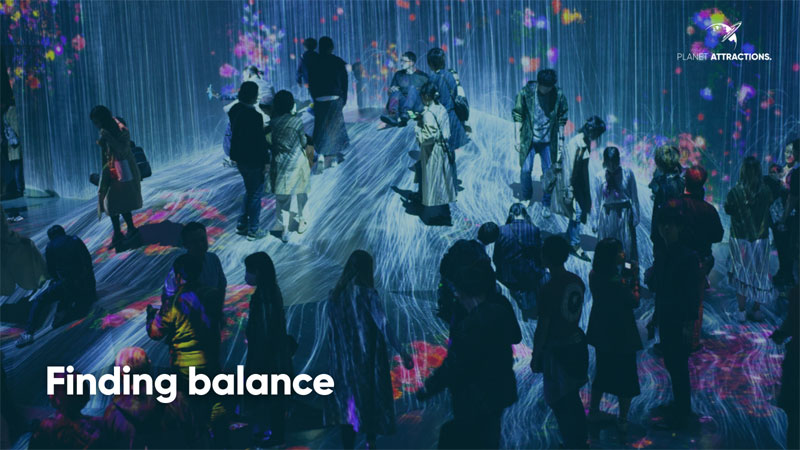
Just like any product, getting the design of LBE just right is critical. If you do manage to design an experience that delivers the perfect balance of brand narrative and sensorial cues, a process is set in play in the minds of the audience that by the time it ends, gives you a fan for life.
It goes something like this:
As the audience begins to experience what you've made for them, they draw on existing frames of reference to derive meaning and understanding. A perception of the experience begins to emerge - a set of emotions that dictate whether they like it or not.
If this perception is positive, the participant will attend to the stimuli further and this strong attention leads to a defined mental representation in the mind - this is the beginning of the memory. This gets its own space in the brain - think of it as a filing cabinet labelled with your brand’s name.
Once that memory has been created, the branded filing cabinet can be opened and the memory recalled at any time. Because they can recall the memory unaided, they can request all that it promises; they can also enjoy all the other experiences that your brand has to offer.
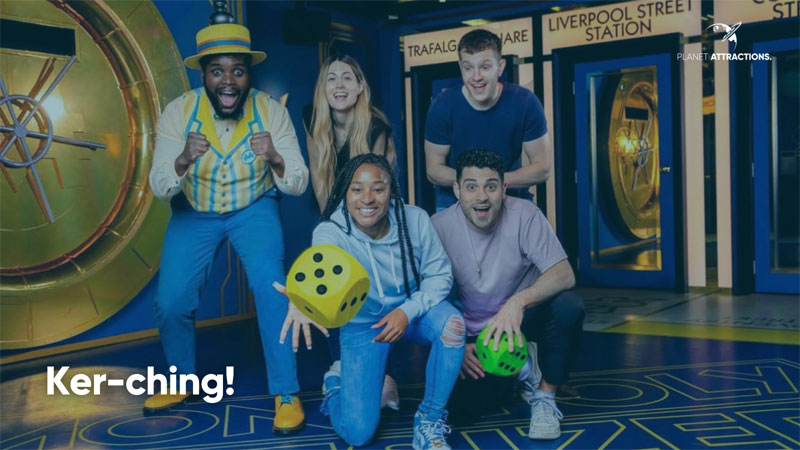
The hard bit, the bit you have to really, really know your consumer to get right, is that first bit - those sensorial cues that are the design of the experience - that’s where the real skill lies. But then all consumer products need to have a deep understanding of the audience at their heart - just as all media do, too. It’s nothing new.
In many ways LBE is the most traditional of all media and yet it is making us all think very differently about our consumers, our roll-out strategies and even the design of our original IPs. And the reason it does this is because at its heart it is the oldest and still the most powerful form of storytelling. Stories told in the real world, the physical world that utilise the senses to make memories that last a lifetime. And that is why LBE is so very important.
To quote Sango Woo in the original Squid Game series: “We’ve already come too far to end this now,” and I expect there’s a lot more to come following this latest reality TV series as the IP becomes even more accessible for fans. Coming to an experience near you soon?
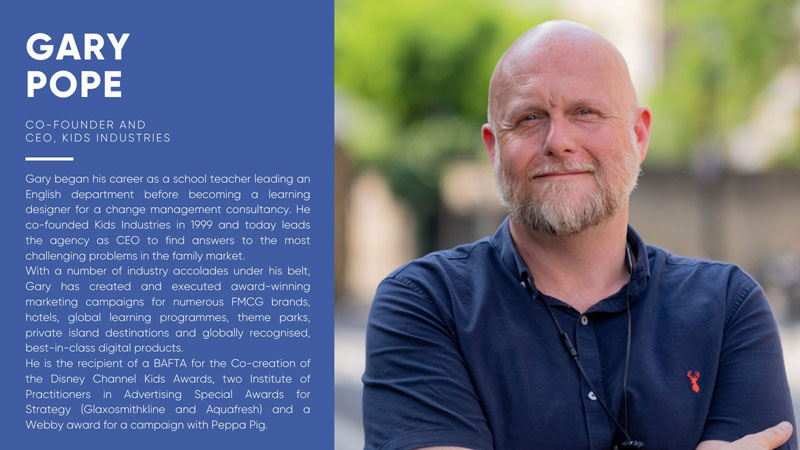
IP and Brands
|
|

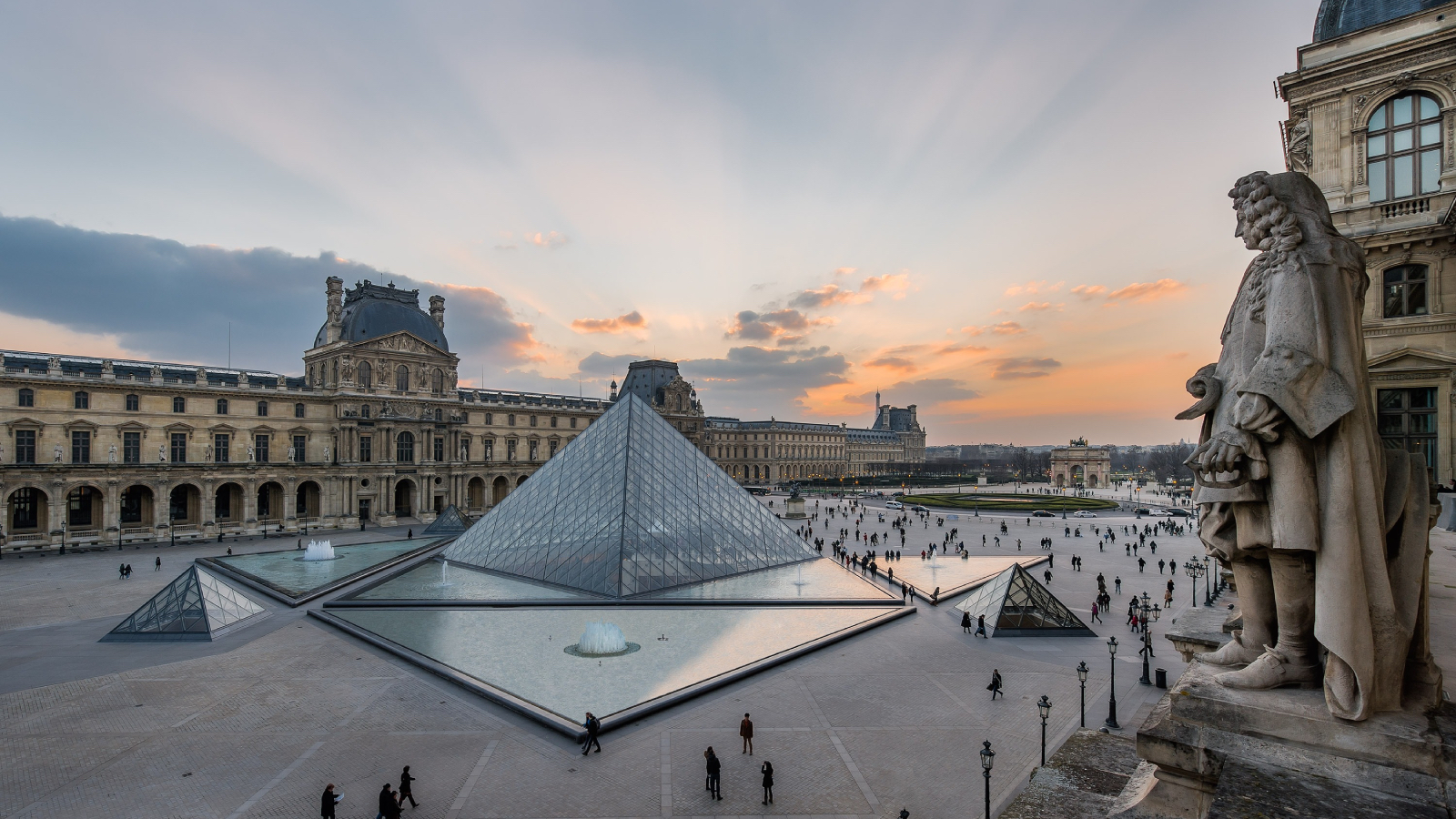
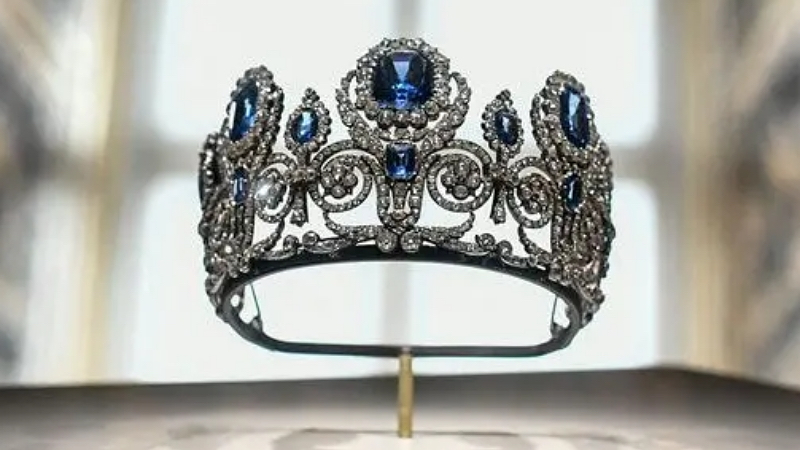

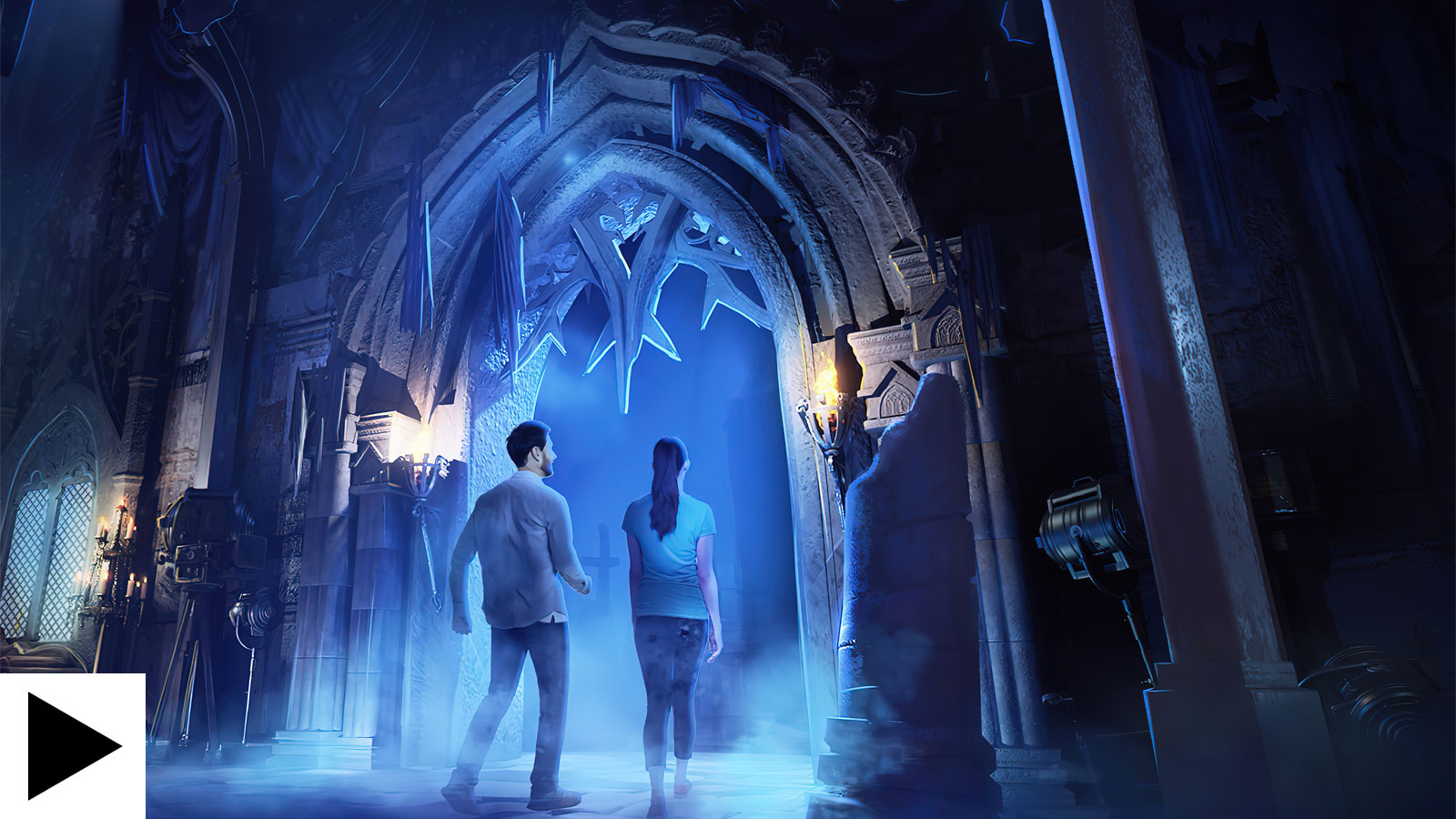
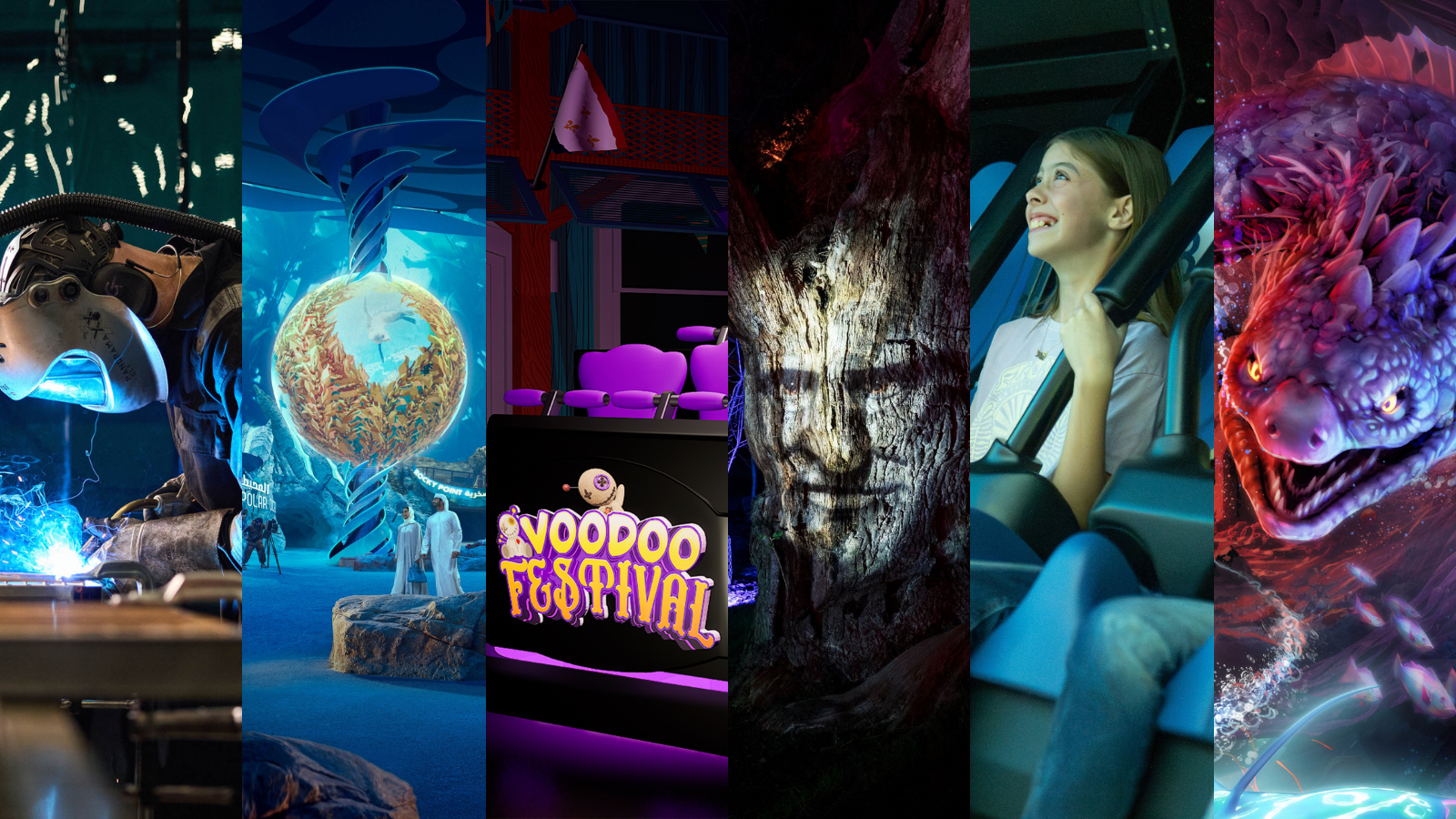
Supplier Showcase 2025: The biggest attractions projects landing worldwide this year
|